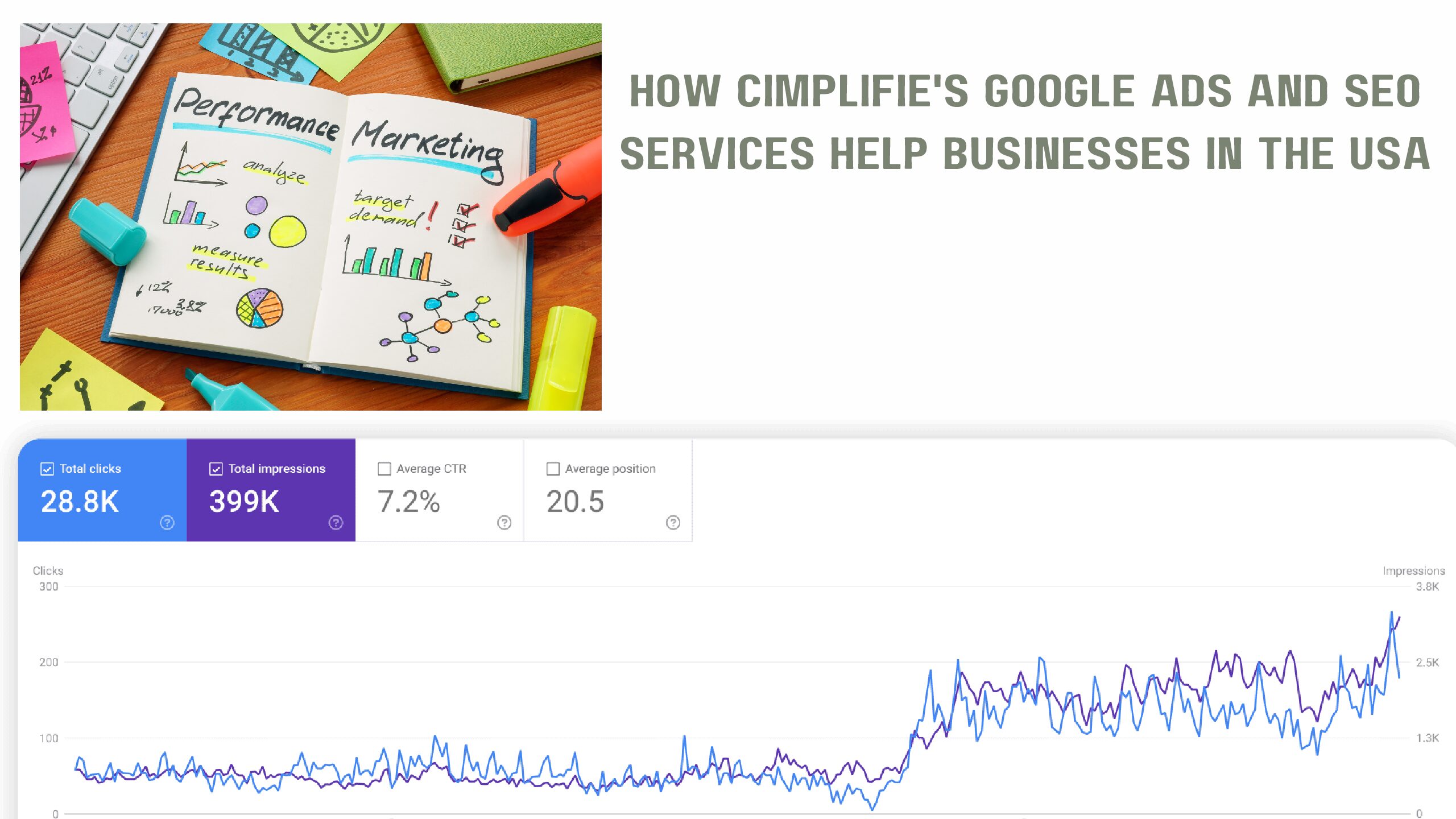As search engine advertising evolves, so do the tools marketers rely on to target audiences effectively. Keywords, a foundational element of Google Ads, are undergoing significant changes that redefine how advertisers approach campaigns. With Google prioritizing intent-driven automation and loosening the boundaries of match types, the future of keywords is becoming more dynamic, requiring both strategic insights and adaptability. At Cimplifie, a performance marketing agency dedicated to SEO and Google Ads, we recognize that staying informed about these shifts is essential for optimizing campaigns and maximizing ROI. This guide unpacks the six critical changes to Google Ads keywords in 2025, highlighting how they impact advertising strategies and how marketers can leverage them for success. What Are Keywords in 2025? Keywords in 2025 are no longer just static phrases or terms; they are evolving into intent-based signals driven by AI. From the transformation of match types to the rise of search themes in campaigns, Google Ads has entered a new era of targeting. For advertisers, understanding these updates is crucial to stay competitive while maintaining precision in campaign performance. Exact Match: The New Broad Match What Changed:Exact match keywords, once known for their precision, have undergone a major shift. Today, exact match triggers ads based on queries with similar intent or meaning, not just identical phrases. For example, the keyword digital marketing services could serve ads for best Google Ads agency or branding experts near me. Implications for Advertisers:This broader interpretation allows ads to reach more people, but it also introduces potential pitfalls. Even with exact match, irrelevant search queries might creep in, leading to wasted ad spend. For example, advertisers targeting local SEO agency may find their ads showing for unrelated terms like cheap SEO tools. How to Adapt: Negative Keywords Now Block Misspellings What Changed:In 2024, Google upgraded negative keywords to automatically block misspelled queries. Previously, advertisers had to manually add every conceivable variation of a term to their negative keyword lists, which could be cumbersome and inefficient. What This Means:The update reduces the manual workload for advertisers while improving ad relevance. For example, adding analytics as a negative keyword now automatically blocks misspelled versions like anlytics or analitics. Potential Challenges:While this update improves efficiency, it isn’t perfect. Intentional misspellings (like Kwik for Quick) or homophones (like add and ad) may still cause complications. Cimplifie’s Recommendation: Brand Exclusions for Performance Max Campaigns What Changed:Google has expanded brand exclusion capabilities across all search and Performance Max campaigns. This feature allows advertisers to exclude specific brands or partner names from their targeting, ensuring campaigns don’t inadvertently serve ads on irrelevant brand-related queries. Why It Matters:For example, if you’re running a campaign for local marketing services but want to exclude ads from appearing on competitor searches like XYZ Marketing Agency, you can now create a “brand exclusion list” to block those terms. How to Use It Effectively: Watch Out:Brand exclusions are a helpful tool but are not foolproof. Some brand-related terms or loosely related phrases may still appear in your reports, requiring manual intervention. Broad Match for Brand Campaigns: A Strategic Shift What Changed:Google now allows advertisers to use broad match keywords with brand inclusions, focusing campaigns solely on terms related to a specific brand. Why This Is Important:Broad match keywords can capture a wide audience, but this update ensures that ads appear only for searches directly related to your brand or chosen keywords. For instance, an advertiser targeting Cimplifie SEO services can safely expand reach without worrying about ads showing for unrelated phrases like social media strategy experts. Tips for Implementation: Pro Tip: Be cautious with broad match settings, as they can expand reach but require close monitoring to prevent ad spend leakage. Broad Match: Google’s Preferred Setting What Changed:Broad match has become Google’s default match type for new campaigns with Smart Bidding enabled. Unlike exact or phrase match, broad match interprets user intent more flexibly, allowing ads to show on a wide array of related queries. What This Means for Campaigns:All keywords, regardless of their original match type, are treated as broad match unless adjusted in the settings. For example, a campaign targeting content marketing services may also show ads for copywriting jobs or freelance marketing tools. Cimplifie’s Strategy: Potential Drawback:Broad match may dilute ad relevance if not carefully managed. Always combine it with manual oversight and automation tools. Search Themes in Performance Max Campaigns What Changed:Search themes, introduced in 2024, allow advertisers to guide Performance Max campaigns by adding up to 25 words or phrases that reflect customer intent. How They Work:These themes act as signals to Google’s algorithms, helping campaigns prioritize specific searches. For example, a campaign using themes like SEO services for startups or Google Ads experts near me will likely target relevant audiences more effectively. How to Leverage Search Themes: The Future of Keywords in Google Ads As we look beyond 2025, keywords are evolving from isolated targeting tools to broader intent signals. Here’s what to expect: What This Means for Marketers:While keywords will remain integral, their role will shift. Advertisers must focus on audience intent, behavior, and contextual targeting to stay ahead. FAQs What is the role of keywords in 2025?Keywords in 2025 are evolving into intent-driven signals rather than isolated terms. They now encompass broader search behaviors and meanings. Are exact match keywords still effective?Yes, but they’ve become more flexible. Exact match now targets queries with similar intent, requiring close monitoring and negative keyword usage. How can I manage broad match effectively?Use broad match with Smart Bidding and negative keywords to balance reach and relevance. Regular performance reviews are essential. What are search themes in Performance Max campaigns?Search themes are intent-based phrases that guide Performance Max campaigns. They complement traditional keyword strategies by providing additional targeting context. Will negative keywords remain important?Absolutely. Despite advancements, negative keywords play a crucial role in blocking irrelevant traffic and refining campaign targeting. What’s next for Google Ads keywords?Keywords will continue evolving into broader intent signals, with AI and automation playing a more significant role in campaign management.
Explore More







